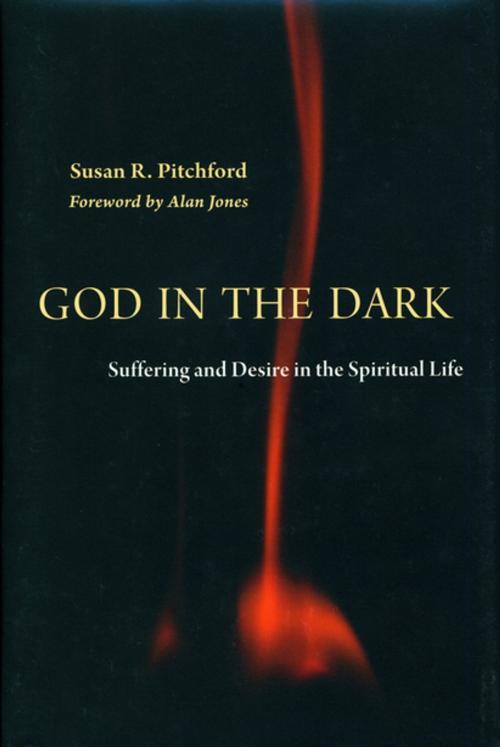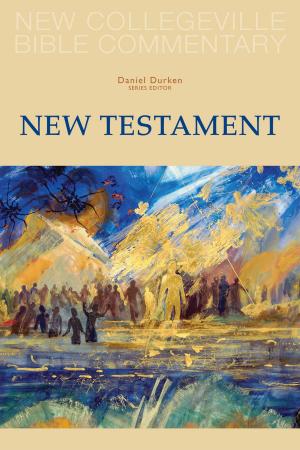God in the Dark
Suffering and Desire in the Spiritual Life
Nonfiction, Religion & Spirituality, Christianity, Denominations, Catholic, Catholicism| Author: | Susan R. Pitchford | ISBN: | 9780814639429 |
| Publisher: | Liturgical Press | Publication: | April 1, 2011 |
| Imprint: | Liturgical Press | Language: | English |
| Author: | Susan R. Pitchford |
| ISBN: | 9780814639429 |
| Publisher: | Liturgical Press |
| Publication: | April 1, 2011 |
| Imprint: | Liturgical Press |
| Language: | English |
Contemporary Christianity is afflicted with two problems: First, our spiritual life is often bland and lukewarm. Distracted and fragmented by our lives, and malnourished on conventional piety, we feel out of touch with the God described in the Bible as a consuming fire." Second, we don't know how to make sense of suffering, especially the pain of spiritual darkness and aridity. The answer to both of these problems is passion.
In God in the Dark, Susan Pitchford explores the two faces of passion:desire, the mutual attraction between the soul and God; and suffering, especially our confusion and grief when we find ourselves in dark places. We often misinterpret times of darkness, assuming we've fabled and God has abandoned us. Pitchford suggests that darkness is not a place of abandonment but a place of intimacy and a special call to a deeper relationship with the God who desires us. Once we understand this, we will not have to fear the dark, and when the night closes in around us, we can experience it as an embrace.
Contemporary Christianity is afflicted with two problems: First, our spiritual life is often bland and lukewarm. Distracted and fragmented by our lives, and malnourished on conventional piety, we feel out of touch with the God described in the Bible as a consuming fire." Second, we don't know how to make sense of suffering, especially the pain of spiritual darkness and aridity. The answer to both of these problems is passion.
In God in the Dark, Susan Pitchford explores the two faces of passion:desire, the mutual attraction between the soul and God; and suffering, especially our confusion and grief when we find ourselves in dark places. We often misinterpret times of darkness, assuming we've fabled and God has abandoned us. Pitchford suggests that darkness is not a place of abandonment but a place of intimacy and a special call to a deeper relationship with the God who desires us. Once we understand this, we will not have to fear the dark, and when the night closes in around us, we can experience it as an embrace.















